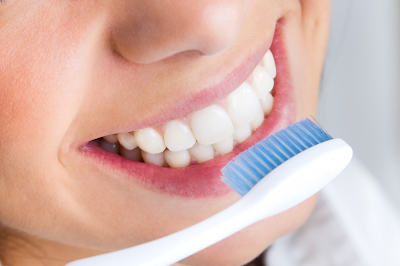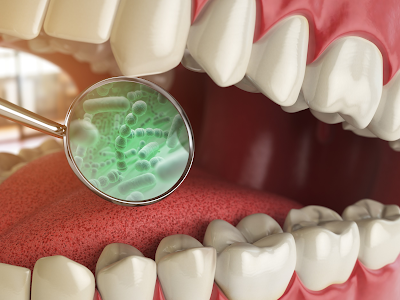When Is Dental Bone Grafting Necessary?

Dental bone grafting is used to reconstruct teeth in the case of decay, damage or loss. The process involves permanently inserting a portion of healthy, living tissue into the gums to help support the tooth until it can be replaced. In most cases, this will be accomplished by transplanting a tooth fragment or an entire root. What Is A Dental Bone Graft? A dental bone graft is an essential surgical procedure in which a piece of bone from another body is used to replace a missing tooth or teeth. The graft is cemented and usually heals over time, although occasional problems may occur. How Do I Know When Dental Bone Grafting Is Necessary? Your dentist may recommend dental bone grafting if you have a cracked or broken tooth. These procedures fix teeth that cannot be restored with braces or other methods. Dental bone grafts are taken from another part of your body and placed in the damaged tooth. This helps to restore the tooth's structure and function. When Should I Get A Dental Bone...





